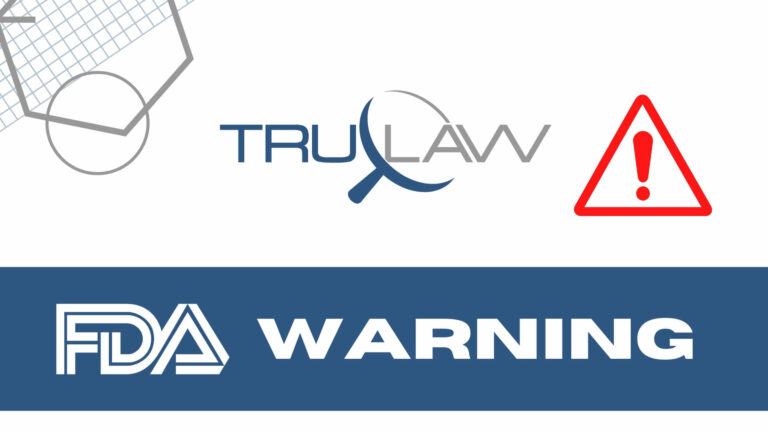
Following reports of adverse events linked to electrical operating room tables, the U.S. Food and Drug Administration (FDA) is emphasizing user training and advising healthcare providers to carefully follow instructions in the manufacturer’s product manual to mitigate risks to patients.
Indicated to properly position a patient during surgical procedures, operating room tables are designed to move and rotate for custom positioning. The FDA’s advisory comes after the agency received a number of reports that described positioning problems or unintended table movements, which poses a risk of major injury to the patient, and which could also delay surgical procedures that result in “potentially life-threatening complications.”
Healthcare providers and users are asked to maintain awareness of possible risks, even as major adverse events connected to electrical operating room tables continue to be uncommon.
In an announcement issued February 29, 2024, the agency outlined the following recommendations:
- For each electrical operating room table used in a given healthcare setting or facility, review and follow the instructions for use provided by the manufacturer.
- Ensure that all relevant staff is properly trained in how to correctly use the tables
- Before repositioning an electrical operating room table check for any obstructions:
- In the event that an obstruction is met while positioning an operating table, reset the table to a neutral position to remove the obstruction before repositioning.
- Ensure that maintenance intervals and safety checks are met, as recommended by the manufacturer.
- Be aware of maximum load limits set by the manufacturer and take care to not exceed it.
- Report any issues encountered with an operating room table to the FDA.
The advisory goes on to acknowledge that while medical device reports (MDRs) serve as an important source of information, the reporting system also has certain limitations that include “potential submission of incomplete, inaccurate, untimely, unverified, or biased data.” The system also makes it difficult to determine the “incidence or prevalence” of a specific event. Due to the unverifiable nature of MDRs, the FDA also refers to a number of other “postmarket surveillance data sources.”
At this time, the FDA continues to collaborate with electrical operating room table manufacturers and healthcare organizations to promote proper training and device use. More information and updates will be released as the agency learns more about the potential risks of the tables.
Our dedicated attorneys at TruLaw make it our mission to protect consumer confidence and hold negligent parties responsible for pain and suffering. If you or a loved one were the victim of an adverse health outcome due to a compromised or mishandled medical device, you deserve justice and fair compensation. To learn more about how we can support you in the next steps, connect with us online or try out our free Instant Case Evaluation ℠.